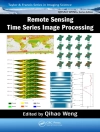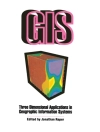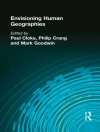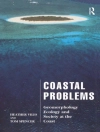This original study explores the difference that space and
spatiality make to the understanding of power.
* * Explores the difference that space and spatiality makes to an
understanding of power.
* Moves forward the incorporation of ideas of space into social
theory.
* Presents a new understanding of the exercise, uses and
manifestations of cultural, economic and political power in the
second half of the twentieth century.
* Illustrated with cases and examples.
Spis treści
Series Editors’ Preface.
Acknowledgements.
Chapter 1: Introduction: Lost Geographies.
Part I: Spatial Vocabularies of Power.
Chapter 2: Power in Things: Weber’s Footnotes from the
Centre.
Chapter 3: Power through mobilization: From Mann’s Networked
Productions to Castells’ Networked Fictions.
Chapter 4: Power as an Immanent Affair: Foucault and Deleuze’s
Topographical Detail.
Part II: Lost Geographies.
Chapter 5: Power in its Various Guises (and Disguises).
Chapter 6: Proximity and Reach: Were There Powers at a Distance
before Latour?
Chapter 7: Placing Power, or the Mischief Done by Thinking
Domination is Everywhere.
Chapter 8: Conclusion: Misplaced Power.
Bibliography.
Index.
O autorze
John Allen is Professor of Economic Geography at the Open
University. His recent publications include Rethinking the
Region: Spaces of Neoliberalism (1998, with Doreen Massey and Allan
Cochrane) and Human Geography Today (1999, with Doreen
Massey and Phil Sarre).












